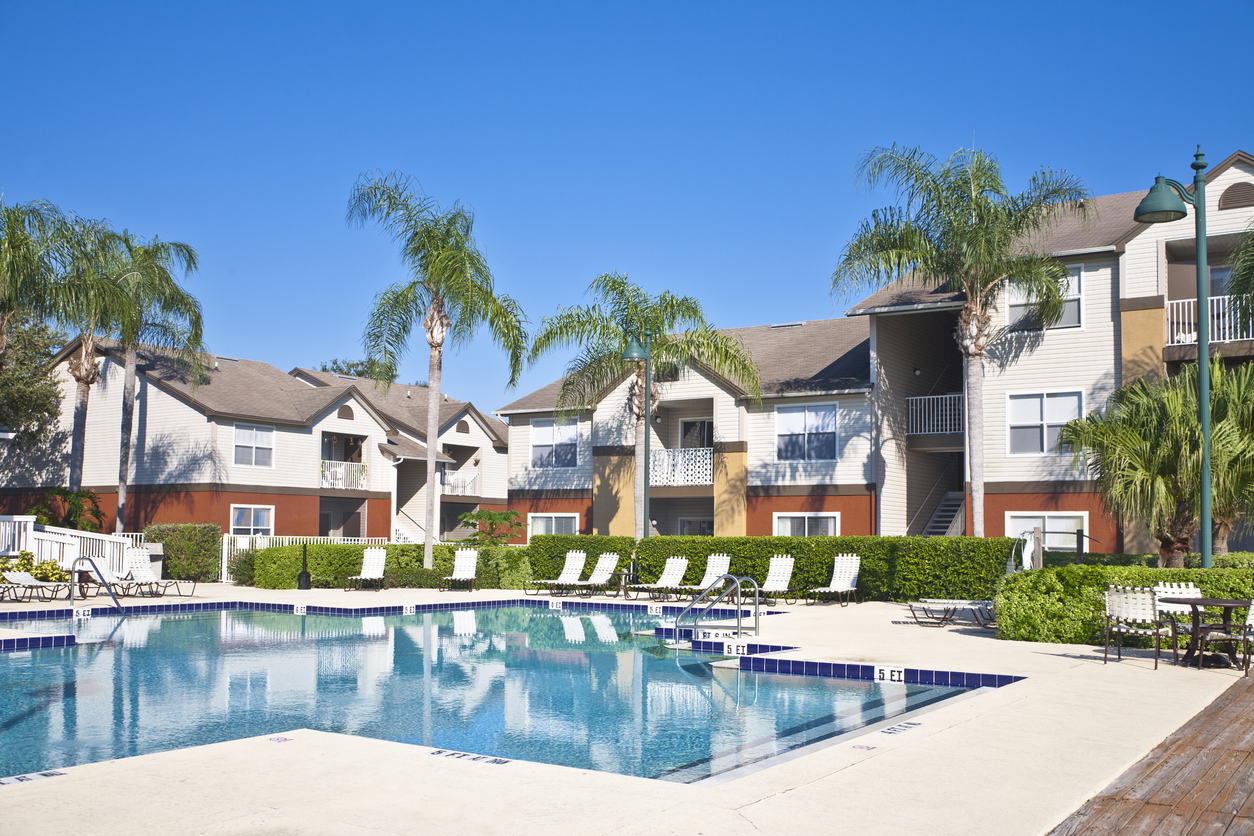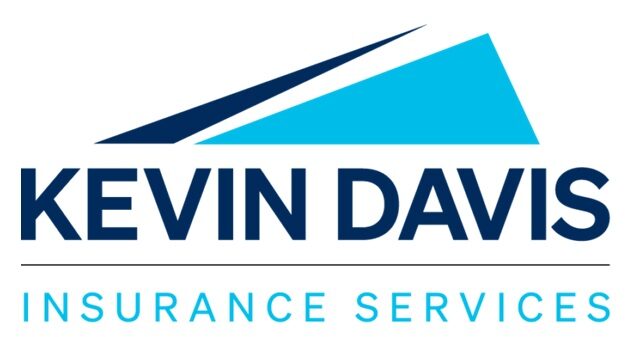
As more renters move into communities traditionally made up of homeowners, the dynamic between homeowners associations (HOAs) and renters is evolving — and so are the risks. This shift in the HOA and renters‘ relationship can influence everything from how common spaces are used to the effectiveness of association oversight. While renters may not have the same long-term stake in a community, their presence still plays a role in shaping security expectations and financial safeguards.
For insurance agents, this trend presents an opportunity to help HOA clients better understand the role of crime insurance in safeguarding financial assets, particularly when internal fraud, not just outside threats, becomes the issue.
Understanding HOA and Renters Dynamics
Renters in HOA-managed communities often share access to amenities like clubhouses, pools, and digital entry systems. However, unlike homeowners, renters often aren’t familiar with community bylaws, don’t participate in board elections, and aren’t bound by the same long-term accountability structures.
This disconnect doesn’t necessarily imply malice, but it does introduce challenges for board members and property managers trying to monitor usage patterns, enforce rules, or maintain consistent oversight. Higher turnover in rental populations can also make it harder to detect recurring issues early, especially when associations rely on internal processes that assume long-term owner stability.
Why Crime Insurance Still Matters
Many assume crime insurance only covers break-ins or outsider theft. In reality, the greatest financial threats to community associations often come from within. Whether it’s an employee, a vendor, or even a trusted board member, insider fraud can go undetected for years.
According to the Association of Certified Fraud Examiners, organizations worldwide lose an estimated 5% of their annual revenue to fraud. While that’s an average drawn from broad business sectors, it underscores the hidden nature of financial loss.
HOAs are not exempt. With attention divided among managing renters, resolving complaints, and maintaining amenities, the opportunity for internal theft or financial manipulation increases.
How Crime Insurance Protects Shared Spaces
Kevin Davis Insurance Services (KDIS) offers crime insurance coverage specifically tailored to community associations. Policies are designed to respond to losses stemming from a range of internal crimes, including:
- Employee dishonesty
- Forgery or alteration
- Funds transfer fraud
- Computer and social engineering schemes
Imagine a case where funds earmarked for clubhouse renovations are redirected by a board member using a fictitious vendor. If the individual qualifies as an “employee” under the policy and the fraud is discovered within the policy’s discovery period, crime insurance could help the association recover the stolen funds.
Of course, like any policy, crime insurance operates on specific terms, such as coverage triggers, limits, exclusions, and definitions of who qualifies as an insured party. Educating clients about those nuances is just as important as selecting the right policy limits.
Advising Clients With Renters On-Site
If a client’s community has a sizable or growing population of renters, it’s worth a closer look at their current crime coverage. With nearly 30% of U.S. homes now governed by HOAs, that’s your cue to reassess the association’s crime policy limits, oversight procedures, and overall vulnerability.
Agents should encourage boards to review how financial oversight is structured:
- Are there internal checks and balances in place?
- Who has access to payment systems or vendor management platforms?
- Are large transactions subject to multiple sign-offs?
In communities with frequent financial activity or lean administrative staffing, a standard crime policy may not be enough. Agents should consider recommending increased limits or adding endorsements to cover high-exposure activities like wire transfers or social engineering.
Crime Insurance Shields HOA Assets
Whether risks arise from gaps in oversight or are amplified by renter-related dynamics, financial loss remains a core concern. Crime insurance provides a layer of protection that supports HOA integrity, especially when internal systems fall short.
At Kevin Davis Insurance Services, we’ve built our crime policy with real-world HOA risks in mind. With more than 40,000 associations served nationwide, we understand the operational and governance challenges that make crime coverage an essential component of modern HOA insurance portfolios.
Call us today to learn how our crime insurance solutions can help you protect your HOA and condo clients, especially those navigating the evolving intersection between owners, renters, and shared spaces.
About Kevin Davis Insurance Services
For over 35 years, Kevin Davis Insurance Services has built an impressive reputation as a strong wholesale broker offering insurance products for the community association industry. Our president Kevin Davis and his team take pride in offering committed services to the community association market and providing them with unparalleled access to high-quality coverage, competitive premiums, superior markets, and detailed customer service. To learn more about the coverage we offer, contact us toll-free at (855)-790-7393 to speak with one of our representatives.


